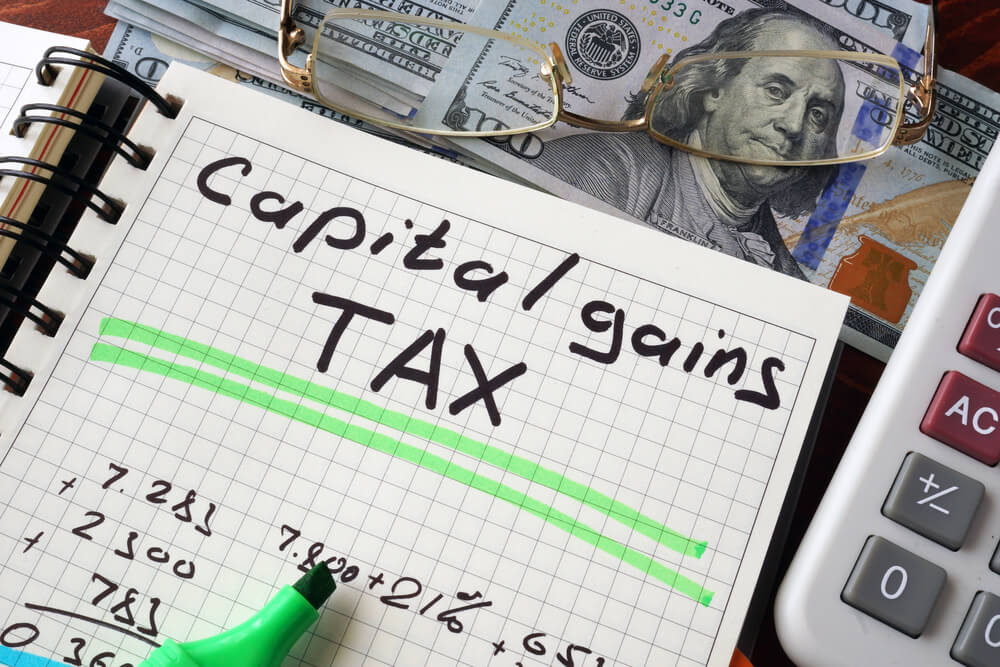The Trump administration, through Treasury Secretary Steve Mnuchin, is considering a policy change to the capital gains tax law, a change long sought after by conservatives.
The change would involve taxing capital gains — profits on investments such as stocks or real estate — after taking inflation into account, which would help lower the amount of taxes paid.
Currently, the taxes are calculated by subtracting the original price of an investment from the price it was sold for, and taxing the difference without taking inflation into consideration.
So a stock or piece of property bought in 2000 for $100,000 and sold today for $200,000 would require a tax on $100,000. At a 23.8 percent tax rate (20 percent plus 3.8 percent more just to fund Obamacare), the resulting tax would be $23,800.
But under the new proposal, which accounts for inflation, the tax owed would be $12,771, a significant reduction.
A treasury official spoke with FOX Business this week, divulging three ways this change to the capital gains tax law could affect investors.
1. It would help people save money
“Capital gains need special rules to ensure that savers do not get unfairly taxed on inflationary gains, which raises the effective tax rate and reduces investment,” Chris Edwards, director of tax policy studies at Cato and editor of DownsizingGovernment.org, told FOX Business. “Governments can fix the problem by cutting the capital gains tax rate or indexing gains for inflation.”
2. It would provide economic benefits
Indexing the capital gains tax would save people about $102 billion dollars over the next decade. Of course, those people are mostly at the higher end of the income spectrum, but Edwards argues those people are most likely to pump that money back into the economy via investments in startups and growth companies.
“Low capital gains taxes are crucial to America’s continued growth in technology industries and global leadership in innovation,” Edwards said.
3. U.S. rates are among the highest in the world already
Edwards points out that the capital gains tax rate in the U.S. is among the highest in the world. Only taxpayers in Denmark (42 percent), France (34.4 percent), Finland (33 percent), Ireland (33 percent) and Sweden (30 percent) pay higher rates than those in the U.S.
Edwards also points out to FOX Business the capital gains tax rate is actually zero in places like the Netherlands and New Zealand.
The Associated Press contributed to this report.
